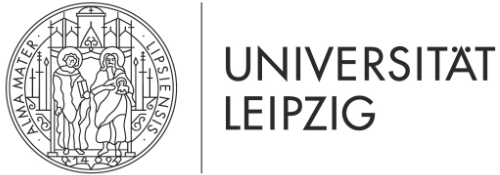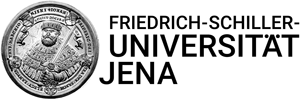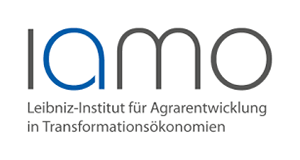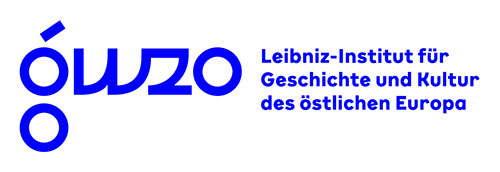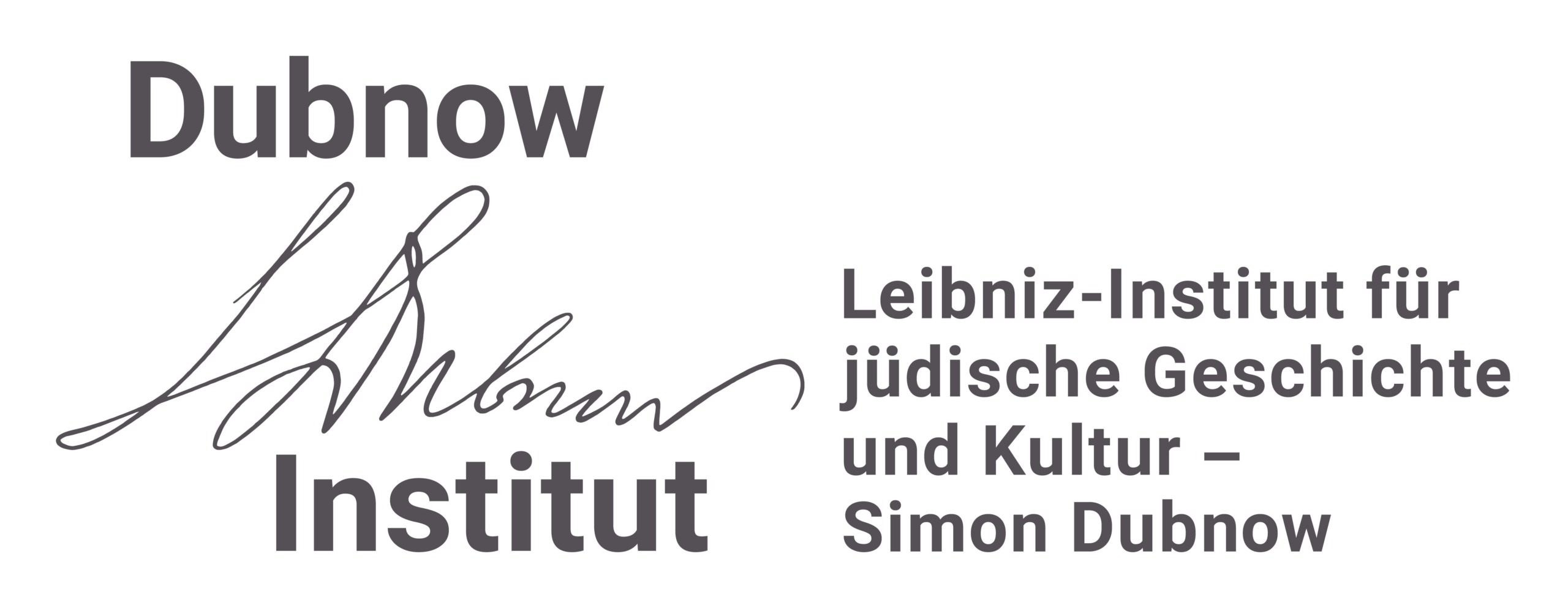Torsten Lorenz
Stay at EEGA: March – June 2018
I received a M. A. in East European History, Slavic Philology and Political Science from the University of Cologne (Germany) and a PhD in Cultural Studies from the European University Viadrina in Frankfurt/Oder (Germany). I taught as DAAD Associate Professor at Charles University in Prague and Freie Universität Berlin. My book “Von Birnbaum nach Międzychód. Bürgergesellschaft und Nationalitätenkampf in Großpolen bis zum Zweiten Weltkrieg” (From Birnbaum to Międzychód. Burghers and national struggle in Great Poland until the Second World War) was published by Berliner Wissenschafts-Verlag in 2005. I am currently working on a monograph on the history of the cooperative movement in East Central Europe in the 19th and 20th century. On this topic I edited the book “Cooperatives in Ethnic Conflicts. Eastern Europe from the late 19th until the mid 20th Century”, published by Berliner Wissenschafts-Verlag in 2006 and organized three panels at the World Economic History Congresses in 2006, 2012 and 2015 and at the European Social Science History Congress in 2004. Besides that I am a co-editor (ed. with Eduard Kubů, Uwe Müller and Jiři Šouša) of “Agrarismus und Agrareliten in Mittel- und Ostmitteleuropa” (Agrarianism and agrarian elites in Central and Eastern Europe), Prague: Dokořán 2013 and Aleksander Hertz: Skizzen über den Totalitarismus (Sketches om Totalitarianism, ed. with Katarzyna Stokłosa), Göttingen: Vandenhoeck & Ruprecht 2014. I have authored several articles on the cooperative movement in Central and Eastern Europe.
My research project:
Ländliche Genossenschaften, Agrarismus und die Selbstpositionierung Ostmitteleuropas in der „ersten Globalisierung“ (ca. 1870-1939). Vergleiche und Transfers (Rural cooperatives, agrarianism und the self-positioning of East Central Europe in the „first globalization“ (cca. 1870-1939). Comparisons and Transfers)
The cooperative movement is an excellent example, how East Central Europe and its historical actors located themselves in the rapidly changing global order during the late 19th/early 20th century. Cooperatives were the central economic institution in the political ideology of agrarianism, which proposed a “third way” between capitalism and socialism based on an alternative, rural concept of modernity and which was a genuine contribution of East Central Europe to World History. Since the late 19th century the cooperative movement fostered not only the integration of small producers and consumers into the emerging markets (local, regional, national and global) and the transforming societies, but also was subject and object in debates on the self-positioning of East Central European societies during the first globalization.
In my project I examine the transfer and adaptation of the cooperative model in East Central Europe (Poland, Bohemia/Czechoslovakia, Western Ukraine) and the intellectual debates on the transformation of society through the establishment of cooperatives from the onset of the “first globalization” in the 1870’s until the end of the 1930’s.
The cooperative movement, which in Eastern Europe before World War I became the social movement besides nationalism, acted locally, but was through its regional and national organizations connected to national, European and global markets.
Video Interview with Torsten Lorenz:
#2 – How do you expect your fellowship with EEGA to contribute to your professional career?
#3 – What is the benefit of EEGA for researchers?
#4 – What are you plans for your fellowship? Which EEGA activities do you plan to attend?
